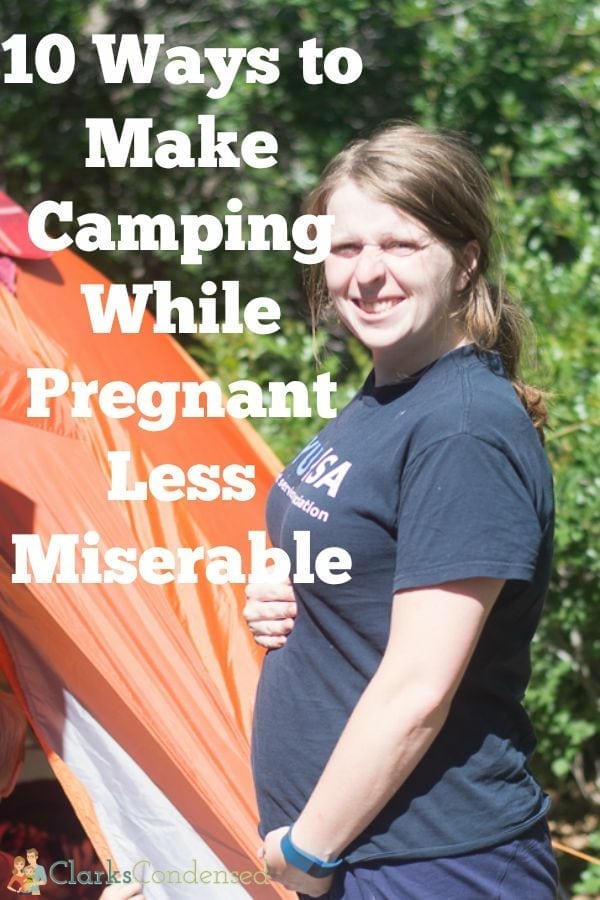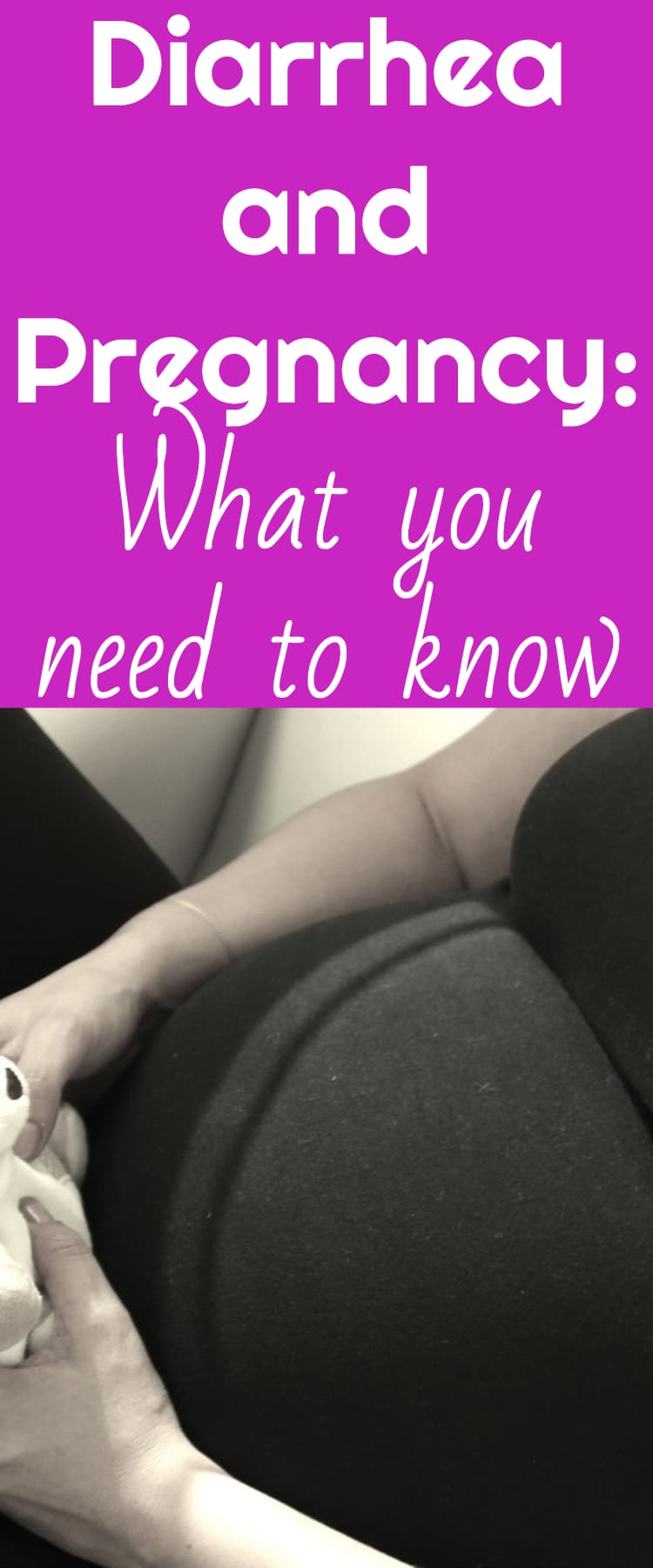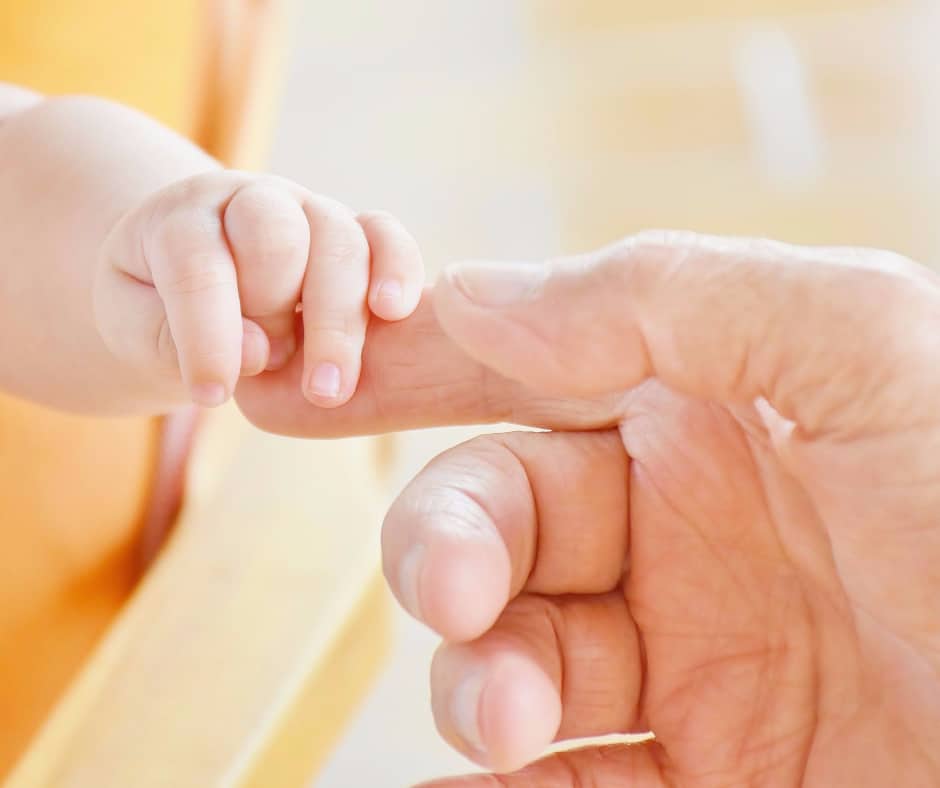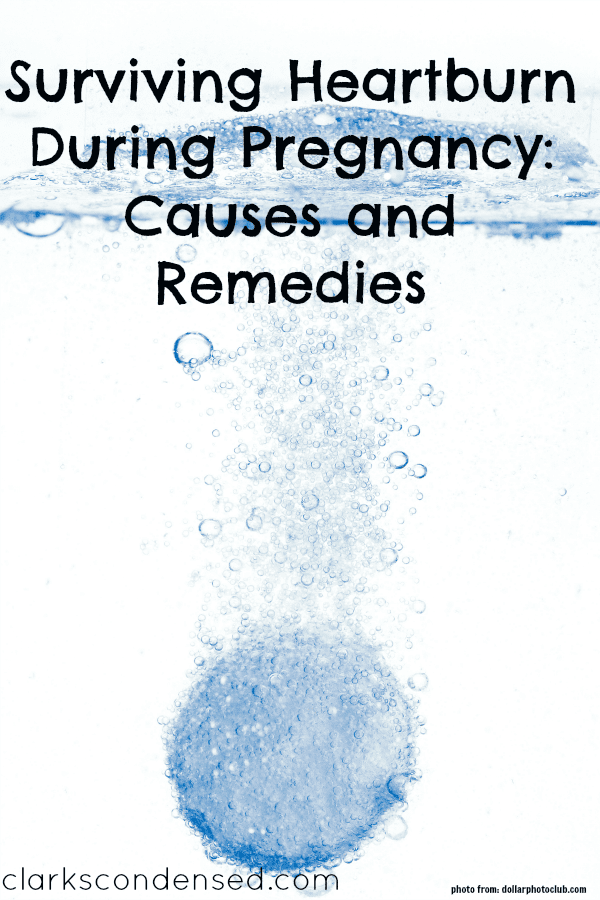Endometriosis and Pregnancy: What You Should Know
Every year during Endometriosis Awareness Month, I try and write a new post.
Last year I wrote about Endometriosis Pain, and I have been surprised at how many people have read it. But this year, I am focusing on endometriosis and pregnancy.
Andrew was born a few months ago – and he was conceived just a few months after my Endometriosis excision surgery.
Although I had previously had two children, getting pregnant with him proved to be a challenge. And I believe it was due to the worsening of my endometriosis. I’d had issues for years, about when Oliver was about a year, everything went downhill fast.
Throughout my journey, I have learned a lot about how Endometriosis and pregnancy work together.
I’ve heard a lot of myths – and ultimately, I believe some of those led to me taking longer to get a diagnosis.
So if you are here because you want to know how endometriosis can affect pregnancy or your ability to get pregnant, I hope this will be helpful.
Myth #1: Pregnancy Cures Endometriosis
“If you get pregnant, it will cure your Endometriosis!”
Oh, if I had a dime for every time someone has told me this.
Pregnancy. Does. Not. Cure. Endometriosis.
Can it help suppress the symptoms temporarily. Absolutely. And I’ll talk about this more at the end of this post. But it will not cure it.
There is no cure for endometriosis. Surgeries, such as excision, can have a high success rate of putting it into remission. But it can’t cure it.
Women who have suppression of symptoms while pregnant will typically have them resume after their baby is born and their menstrual cycle returns.
Myth #2: If you have children, you can’t have Endometriosis
Ultimately, the fact that I have children – and conceived two of them with no issue – might be the biggest reason it took so long to get my diagnosis.
When I started to believe I had Endometriosis, and I brought it up to a medical professional, they promptly said, “Oh no. You have children. You can’t have Endometriosis.”
But guess what – around 60 percent of women with Endometriosis will eventually conceive – and many of those pregnancies will occur naturally.
The first two I was able to conceive with no issues – and I believe that was because I was younger and my disease had not progressed to the point it had when I was trying to get pregnant with my third.
I read an article once that talked about how fertility with Endometriosis starts to decline more after the age of 26, but I can’t find it anywhere. But they do believe Endometriosis combined with “older age” can make the chances of conceiving less likely.
They actually used to call Endometriosis a working woman’s disease, because they used to not really find it until a woman who was struggling with infertility in her thirties came in and they discovered it. Thankfully, they are realizing more and more than it affects women much earlier than the thirties.
Anyways! If you have children and have been told you don’t have endometriosis because you’ve been able to conceive – get a second opinion.
Myth #3 If you have endometriosis, you can’t have children
A lot of people believe you can’t have children if you have Endometriosis.
Clearly, this is not true. As I already mentioned, 60 percent of women with Endometriosis will conceive, often without trouble.
There does seem to be some findings that endometriosis excision surgery can be especially effective in helping women get pregnant who were struggling before.
This article discusses the severity of endometriosis and its effect on conception:
“100 women without endometriosis, all start trying for a baby
At the end of one year, 84 will be pregnant.
100 women with minimal-mild endometriosis, all start trying for a baby
At the end of one year, 75 will be pregnant.
100 women with moderate endometriosis, all start trying for a baby
At the end of one year, 50 will be pregnant.
100 women with severe endometriosis, all start trying for a baby
At the end of one year, 25 will be pregnant.”
The severity of endometriosis is subjective as well – different doctors use different ways of determining that.
While endometriosis does not necessarily mean you will have trouble getting pregnant, they have found a large percentage of women who struggle to get pregnant end up having endometriosis. Because it can really only be diagnosed through surgery, it can be hard to get that diagnosis, especially if you aren’t showing all the typical symptoms.
How Endometriosis can Affect Pregnancy
In general, most people believe that some Endometriosis symptoms can be improved with pregnancy. I felt that with my first two pregnancies.
However, there are some women who will actually experience WORSE symptoms while pregnant, especially during the first trimester.
For those who do see an improvement, it’s typically due to the higher levels of progesterone that are present during pregnancy. The OBGYN office I go to actually often uses progesterone as a treatment for Endometriosis. It is believe that progesterone can help suppress the growth and/or development of new lesions.
Other’s believe it’s because you don’t have a period or ovulate while you are pregnant, which is when many women experience the worse symptoms.
As I mentioned, my symptoms got signfiicantly better while I was pregnant and during breastfeeding. However, my last pregnancy occurred just months after I had my excision surgery, and I believe this caused some of the issues I had during pregnancy.
I had a lot of severe cramping the entire time I was pregnant. It was actually pretty scary, especially since I had a miscarriage a few months earlier. As I talked with other women who were pregnat soon after excision, it seemed to be a pretty common occurrence.
I don’t know if there’s been any research on this, but I am guessing it has to do with the fact that your uterus rapidly expands, which might be hard on a uterus that just had major surgery done to it.
However, from what I’ve read, this might be the reason why some women experience worse symptoms with pregnancy, due to the stretching of scar tissue and current adhesions. Another possible reason is that, along with the increase in progesterone, there’s an increase in estrogen, which is often something that can negatively impact endometriosis and encourage more growth.
Women with endometriosis tend to be at a higher risk of:
- Premature birth
- Miscarriage
- Ectopic Pregnancies
- Cramping
With my first two children, they were born at 39w4d, and 39 weeks right on the dot. My third was spontaneously born three weeks early
Breastfeeding and Endometriosis
Breastfeeding can extend the amount of time a woman has a suppression of her symptoms following pregnancy.
The main reason behind this is because breastfeeding prevents the release of estrogen from the ovaries. This stops ovulation, which in turn stops your period, and it can prevent the growth of endometriosis lesions.
Obviously, once your baby starts sleeping through the night and eating more solids, most women start to see a return of fertility – which, unfortunately, usually means a return of symptoms.
I certainly experience this cycle with all of my kids. When Oliver was about nine months, my symptoms all came back with a vengeance, and that was the start of my persistence in getting a diagnosis. I could hardly function about 75% of the month.
I hope that this was helpful. Pregnancy and endometriosis is certainly a complicated journey, but a diagnosis of endometriosis does not mean you won’t be able to have children. Some women will have trouble, which is why an earlier diagnosis is imperative.






